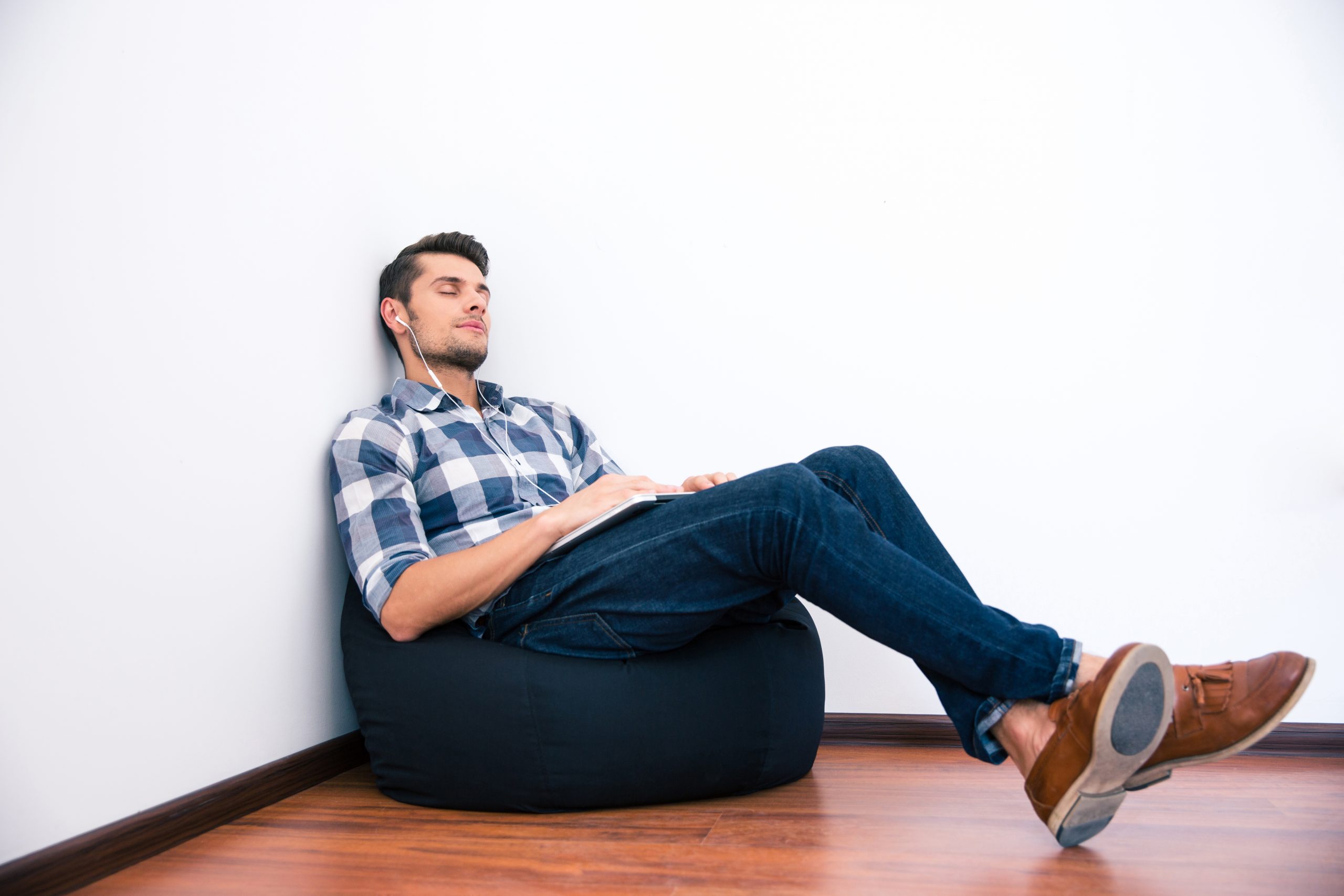Are you sleepy after Iftar in Ramadan? Here are 7 ways to energize and avoid laziness
هل تشعر بالنعاس بعد الإفطار في رمضان؟.. إليك 7 طرق لتجنب الخمول واستعادة طاقتك
Al-Jazeera
Feeling a little sleepy after eating is completely normal and not a cause for concern, as nutritionist Iman Jamal attributed what happens to the body after breaking fast to the intestines needing a lot of blood to help digest food.
Here are some tips to help you avoid drowsiness after Iftar:
– Avoid these foods
The dietician recommends avoiding or reducing fried foods, sugars, and foods containing simple carbohydrates such as rice and pasta.
– Break your fast in a healthy way
She pointed out that breaking fast healthily contributes to reducing the sudden feeling of drowsiness by “having a date and a glass of water, then performing Al-Maghrib prayer, then returning to the dining table, and starting with a bowl of soup. It is preferable not to dispense with the bowl of soup, which helps the gastric juices to prepare the stomach to receive food, as the feeling of drowsiness after Iftar is mainly due to the fact that we have the Iftar meal all at once, so the blood circulation is focused towards the digestive system.”
– Follow the “plate” rule
The dietician stressed the importance of “focusing on the balance between carbohydrates, proteins while paying attention to eating enough salad at the beginning of the Iftar meal, especially as it provides the body with important vitamins, salts, and minerals to compensate for the loss that occurs during fasting, in addition to causing a feeling of fullness which helps to reduce the intake of carbohydrates and starches”.
She also advised to follow the “plate rule”, which is “dividing your plate in half, the first half contains vegetables or salad, and the other half is divided into two quarters: a quarter protein and the other healthy carbohydrates such as bulgur or brown bread.
– Regulating stimulant intake
The nutritionist stressed the need to delay consuming stimulants after Iftar, and said that they “reduce the absorption of vitamins”, so it is preferable to drink tea and coffee an hour or two after breakfast.
– have your food in stages
She also advised delaying iftar for some time, for only 10 to 15 minutes after breaking fast with drinks or dates, so that the body is given an opportunity to start absorbing food and fluids.
– Getting enough sleep
Not getting enough sleep can contribute to drowsiness after eating. After relaxing and feeling full, the body feels more comfortable, especially if it did not get enough sleep the night before.
Therefore, it is recommended to regulate bedtime as much as possible, and include exercise as part of your daily routine to help you get a better night’s sleep.
– Don’t forget sports
In addition to helping you sleep better at night, exercise helps increase energy levels during the day, reducing post-meal relaxation.
الجزيرة
الشعور بقليل من النعاس بعد الأكل أمر طبيعي تماما ولا يدعو للقلق، وقد أرجعت أخصائية التغذية إيمان جمال ما يحدث للجسم بعد تناول وجبة الإفطار إلى احتياج الأمعاء للكثير من الدم للمساعدة في هضم الطعام.
إليك بعض النصائح التي تساعدك في تجنب الشعور بالنعاس عقب تناول الإفطار:
** تجنب هذه الأطعمة
تنصح أخصائية التغذية بتجنب أو تقليل تناول الأطعمة المقلية، والسكريات، والأطعمة التي تحتوي على الكربوهيدرات البسيطة مثل الأرز والمكرونة.
** اكسر صيامك بطريقة صحية
أشارت الأخصائية إلى أن كسر الصيام بشكل صحي يساهم في تقليل الشعور المفاجئ بالنعاس، وذلك عن طريق “تناول تمرة وكوب ماء، ثم القيام إلى صلاة المغرب، ثم العودة إلى مائدة الطعام، والبدء بتناول الشوربة”.
ويفضل عدم الاستغناء عن طبق الشوربة الذي يساعد العصارة المعدية على أن تهيئ المعدة لاستقبال الطعام، حيث يرجع الشعور بالنعاس بعد الإفطار بشكل رئيسي إلى أننا نقوم بتناول وجبة الإفطار مرة واحدة، لذا تندفع الدورة الدموية متركزة نحو الجهاز الهضمي”.
** اتبع قاعدة “الطبق”
أكدت أخصائية التغذية على أهمية “التركيز على التوازن بين النشويات والبروتينات والكربوهيدرات، والاهتمام بتناول قدر كاف من السلطة في بداية الإفطار، سيما وأنها تمد الجسم بالفيتامينات والأملاح والمعادن المهمة لتعويض الفقد وقت الصيام، بالإضافة إلى أنها تسبب الشعور بالامتلاء، وتساعد على تقليل تناول الكربوهيدرات والنشويات”.
كما نصحت باتباع “قاعدة الطبق (الصحن)” وهي “تقسيم الطبق نصفين، النصف الأول يحتوي على خضراوات أو سلطة، والنصف الآخر يقسم نصفين: نصف بروتين والآخر كربوهيدرات صحية كالبرغل أو الخبز الأسمر”.
** تنظيم تناول المنبهات
شددت أخصائية التغذية على ضرورة تأخير تناول المنبهات عقب الإفطار، وقالت إنها “تشكل عائقا أمام امتصاص الفيتامينات”، لذا يفضل شرب الشاي والقهوة بعد الإفطار بساعة أو ساعتين”.
** الطعام على مراحل
كما نصحت أخصائية التغذية بتأخير تناول وجبة الإفطار لبعض الوقت بعد كسر الصيام بالمشروبات أو التمر، لمدة 10 إلى 15 دقيقة فقط، بحيث يتم منح الجسم فرصة للبدء في استيعاب الأكل والسوائل.
** احصل على قسط كاف من النوم
عدم الحصول على قسط كاف من النوم يمكن أن يساهم في الشعور بالنعاس عقب الأكل، فبعد الاسترخاء والشعور بالامتلاء، يشعر الجسم بالراحة أكثر، وخاصة إذا لم يحصل على قسط كاف من النوم الليلة السابقة.
ولذلك ينصح بتنظيم وقت النوم بقدر الإمكان، وتضمين التمارين كجزء من روتينك اليومي لمساعدتك في الحصول على نوم أفضل ليلا.
** لا تنس الرياضة
بالإضافة إلى مساعدتك على النوم بشكل أفضل في الليل، تساعد التمارين الرياضية على زيادة مستويات الطاقة خلال اليوم، مما يقلل من حدوث استرخاء ما بعد الطعام.




